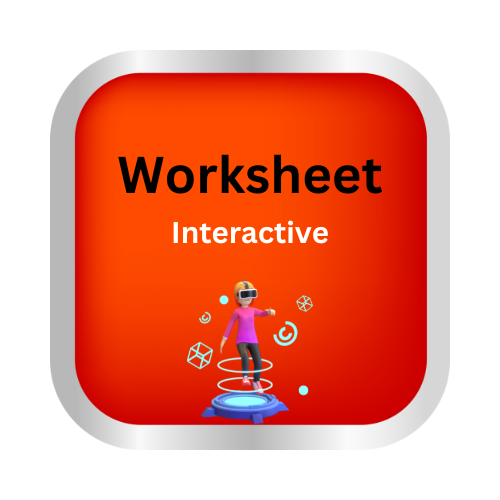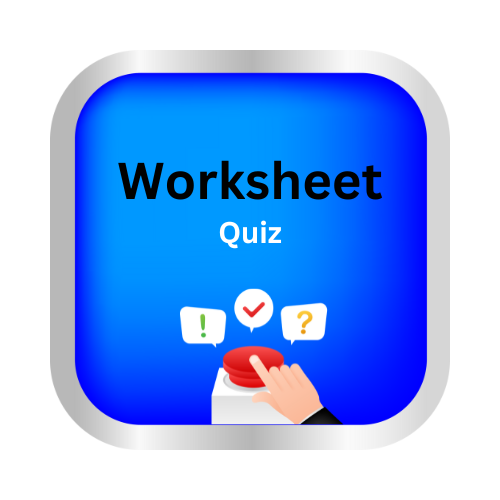Combine sentences using relative clauses
Key Notes:
Combine Sentences Using Relative Clauses ✨
| What is a Relative Clause? 🤔 |
A relative clause gives more information about a noun in a sentence.
It usually starts with relative pronouns like:
- who – for people 👩👨
- which – for things 🏠📚
- that – for people or things 🌟
- whose – to show possession 👑
- where – for places 🏖️
- when – for time ⏰
Example:
- I met a girl. She likes painting.
➡ Combined: I met a girl who likes painting. 🎨👧
| Relative Pronouns and Their Uses 📝 |
| Pronoun | Use For | Example |
|---|
| who | People | The boy who is running is my friend. 🏃♂️ |
| which | Things | The book which is on the table is mine. 📖 |
| that | People or things | I bought a cake that is chocolate. 🍫🎂 |
| whose | Possession | The girl whose bag is red is my sister. 🎒 |
| where | Place | This is the park where I play football. ⚽🏞️ |
| when | Time | I remember the day when we first met. 🕰️ |
| Steps to Combine Sentences 🔄 |
- Identify the noun you want to give more information about.
- Choose the correct relative pronoun (who, which, that…).
- Join the sentences, removing any repeated nouns.
- Check that the new sentence makes sense ✅
Example:
- Original: I have a dog. It loves to swim. 🐕🏊♂️
- Combined: I have a dog that loves to swim.
- Use commas for extra information (non-essential clauses) 🟡
- Example: My brother, who lives in London, is visiting. 🌆
- Don’t use a relative pronoun for every sentence; only when giving extra info. ✅
- That is often used in essential clauses (without commas) 🟢
- Who = people 👨👩
- Which = things 📚🏠
- The teacher is kind. She teaches us English.
➡ The teacher who teaches us English is kind. 👩🏫
- I visited a museum. It was very old. 🏛️
➡ I visited a museum which was very old.
- This is the boy. His father is a doctor. 🧑⚕️
➡ This is the boy whose father is a doctor.
- I remember the day. We went to the beach. 🏖️
➡ I remember the day when we went to the beach.
- She lives in a house. It has a big garden. 🌳🏡
➡ She lives in a house which has a big garden.
- 👨👩 Who → People
- 🏠📚 Which → Things
- 🌟 That → People or Things
- 🎒👑 Whose → Possession
- 🏞️ Where → Place
- ⏰🕰️ When → Time
Let’s practice!✒️

